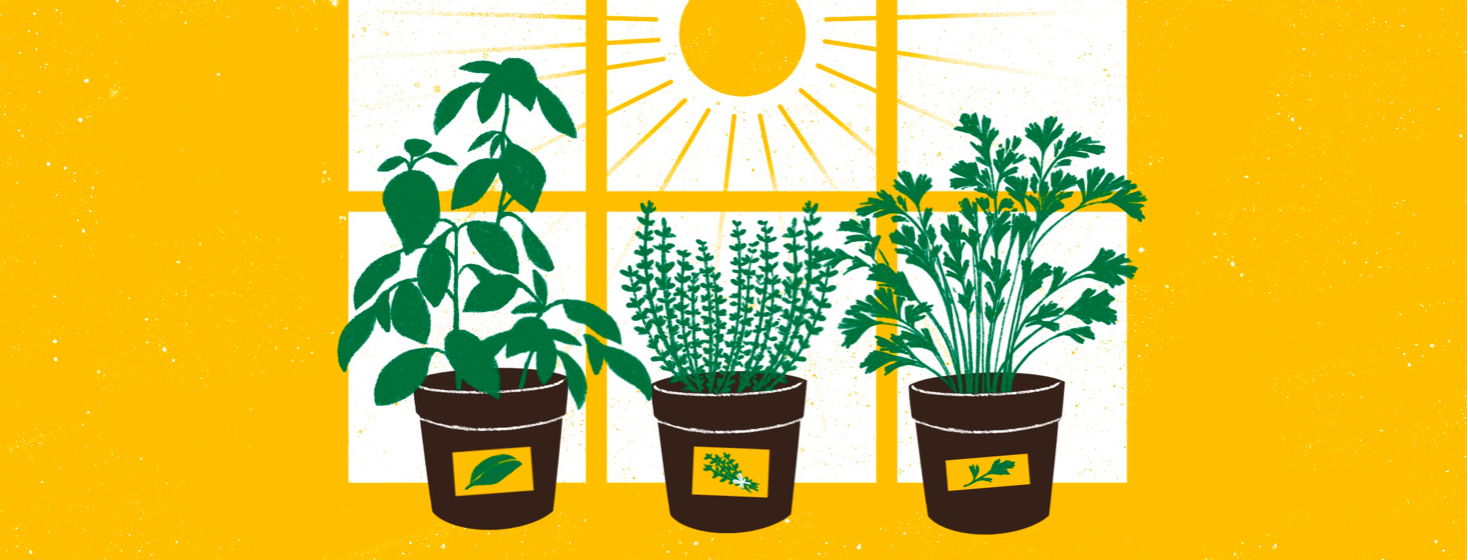How Do Herbs Work: Understanding Herbs
After my recent article was published on Traditional Chinese Medicine, Dr. Olivia Friedman and I decided to speak once more about how powerful these herbs can assist the body back to normal function. However, choosing the correct herbs takes precision and skill - which should only be done by a trained professional.
"It's a constantly evolving thing," Dr. Friendman states, "and that's why you need someone knowledgable who knows what to do at each point in time."
Herbs aren't one size fits all
First off, when choosing what herbs to use, many factors are considered. It is extremely directed and customized to each person, even if everyone being treated has the same diagnosis: eczema.
For example, when looking at Western Medicine, it is very cookie cutter and blanketed (for example, in most cases, everyone with condition A uses B pharmaceutical to start and then moves to C pharmaceutical, then D pharmaceutical, etc. if the response to each is not optimal). But, like most of us know, each of us usually has a different expression of condition A. Eczema can get messy and intense! That is where Traditional Chinese Medicine has a one-up.
"In Chinese Medicine, there are about 11 different types of itches, and I don't think one thing is going to serve every single itch," Dr. Friedman explains. Mind blown! Eleven types of itch!? And with that specific information, a practitioner can establish which herb best suits that need.
Eczema is different in each location
Diving even deeper, she jumps into how eczema is primarily treated as a form of inflammation in Western Medicine, with steroids being the first line of defense. But inflammation is also treated differently according to each body part in Traditional Chinese Medicine. Where eczema appears on the body helps guide what other herbs are needed to address each unique expression of eczema. "Eczema is very different if it's all over your face versus your hands."
All of this must be taken into consideration when using herbs.
Types of herbs
"When looking at eczema, we have about 7 different patterns, so all of them have a different formula base," she says, "but then we change it based on new things that come up and other issues that are going on."
Naturally, the conversation swayed over to what herbs are most popularly used. I assumed, incorrectly, that some are always the go-to. However, it is shocking the number of herbs out in the world that can help regulate our eczema.
"The typical pharmacy has about 365 herbs, minimally, but to be honest, there are about 10,000 of them," she declares as my jaw drops. "The ones they typically use the most are the ones they keep stocked, so around 365." That is an incredible and widely customizable amount of herbs! No wonder a practitioner is needed!
Understanding herbs is a science
Due to such a large variety of herbs and the precise nature of TCM, no one can ever do this on their own. It is literally a science, one that takes extensive research and knowledge to wield safely and accurately.
To help simplify, Dr. Friedman paints a picture using this perfect analogy.
"I gave a presentation to ITSAN not too long ago, and I used those books, the ones with the 'Find What's Wrong' pictures. You'd have to look at them and find what five things are different. And so my job is always that. The first picture is the picture of the perfect person of health," she gestures to one side, "and the other picture is the patient that comes in, and I have to think, 'so what's different here...'""You're like a massive detective," I praise. Dr. Friedman laughs. "Yes, I guess I'd say so," she humbly agrees.
Understanding the body is next
Not only must a practitioner be familiar with the astronomical number of herbs available and how they work together or even counteract each other, but they must also be aware of how our body functions. It takes a keen eye and mapping to understand what a patient's body can signal on the skin. Most of our eczema struggles come from issues within. Here is where TCM gets really fun.
You can read more as Dr. Friedman explains different meridians in the body, how they play a role in connecting the dots, and how even looking at our tongue can be a puzzle piece in our healing process!

Join the conversation